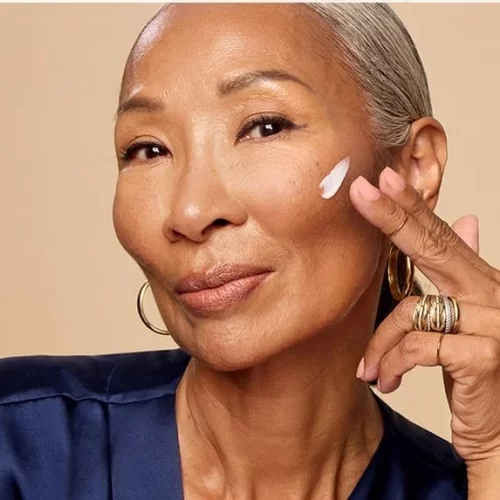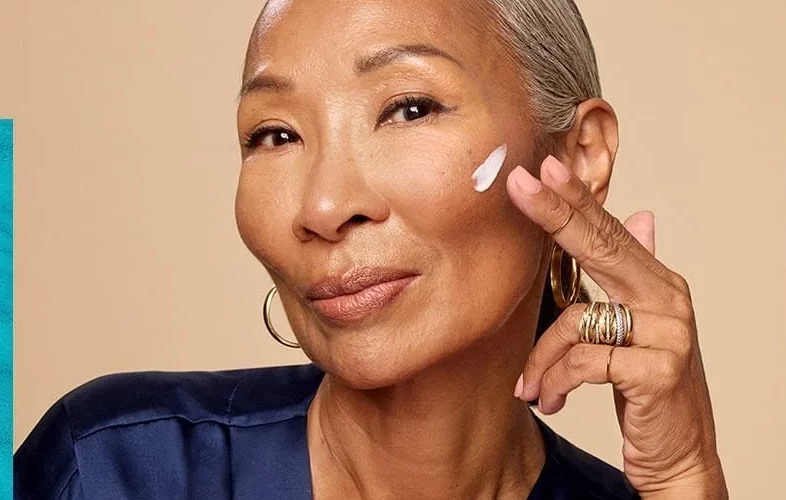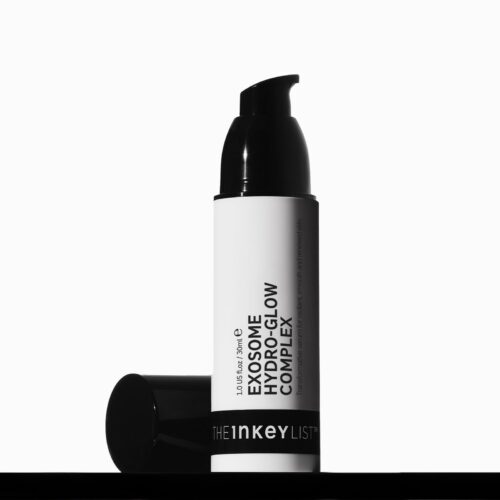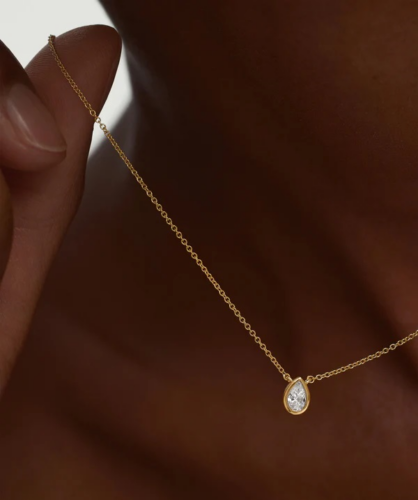The anti-aging industry will be valued at approximately 93 billion dollars by 2027. For decades, it has marketed thousands upon thousands of products with the promise that “this serum is finally what you need to reverse the aging clock.” Regardless of how many items have entered the industry under the guise of anti-aging, not one product has yet to unlock the fountain of youth millions of women yearn for. Here are some anti-aging myths you need to avoid to prevent unnecessary purchases from collecting dust on your bathroom counter.
Collagen
Collagen has been hailed as the holy grail of preserving youth. Its rejuvenating properties have brands and doctors promoting collagen’s ability to improve skin elasticity, and it also has plumping hydration benefits. While this sounds great in theory, whole collagen molecules are too large to be absorbed below the skin’s surface. Typical collagen products cannot perform the way brands promise they will. Hydrolyzed collagen has been broken down into a form the skin can absorb, but dietary collagen is better than a serum.
Little research has been done regarding the actual benefits of collagen. Collagen exists naturally within your body as its most abundant protein. The limited research that has been done is conducted by companies trying to push their products out to consumers. In summary, your body has the collagen needed to keep your skin tight and hydrated. Serums with collagen will not magically restore what is naturally lost in the skin with age.
SPF in Makeup

Any dermatologist will tell you sun protection is the key to slowing down signs of aging on your skin. SPF can prevent skin cancer and should never be sacrificed for a great tan. SPF should be an essential step in everyone’s skincare routine. Many beauty brands have begun advertising makeup products with SPF in their formulas. While it may boost SPF, you should never forgo an initial layer of sun protection before your makeup routine. Dermatologists recommend using at least one full ounce of sunscreen on your skin thirty minutes before going outside. Many use the “two-finger rule” to ensure that the sun adequately protects their face and neck.
Makeup products that use SPF are not strong enough formulas to ensure you receive the SPF coverage you need. It would take copious amounts of product to protect your skin adequately. Additionally, SPF foundations and concealers are likely not applied down your neck and ears, resulting in a lack of SPF in hard-to-reach places. While there’s nothing wrong with using these makeup products in addition to a proper face sunscreen, it is vital to ensure that you are correctly applying SPF to your skin to reduce signs of aging and protect yourself from skin cancer.
Staying Hydrated Keeps Your Skin Young

Drinking the recommended daily water intake is essential for internal health, but it’s not a cure-all for aging skin. The outer layer of the epidermis can retain moisture, but hyaluronic acid is a better way to stay hydrated externally. Hyaluronic acid binds to water molecules, holding up to 1,000 times its weight in water. Production of hyaluronic acid declines as you age, and typical serums with the ingredient are a great way to retain moisture in the skin.
The biggest brands in the beauty game are capitalizing on the world’s collective fear of aging. While maintaining the youth that society praises, it is easy to be duped by market buzzwords and misleading product packaging. Instead of prioritizing anti-aging, redirecting your skincare routine to ensure the health of your skin will inadvertently improve its appearance. Keeping these myths in mind will keep you safe from the scams of the skincare industry and keep your skin healthy!
XOXO,
Your Fashion Bestie





